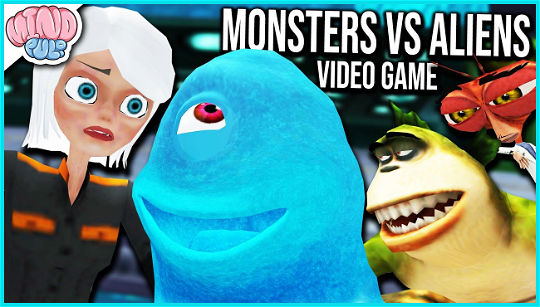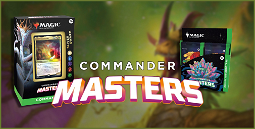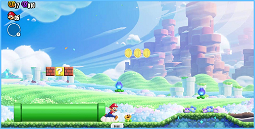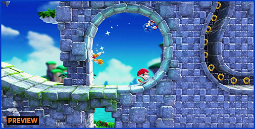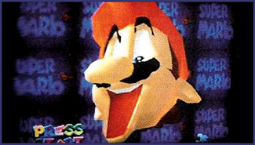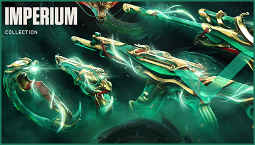Are we the real monsters in video games?
Many users discuss the moral implications of killing enemy NPCs without considering their perspective. Some users mention instances in games like Assassin’s Creed Odyssey and World of Warcraft where the game addresses the player’s actions and questions their choices. Non-lethal options are often available in games like Assassin’s Creed, allowing players to knock out enemies instead of killing them.
Exploring the theme of morality in video games
Many users appreciate when games challenge players to question if they are the bad guys, as it adds depth and impact to the storytelling. Examples of games that explore this theme include Tales of Symphonia, Shadow of the Colossus, and Fuga: Melodies of Steel.
“The game always assumes you are the bad guy,” one user replies to the thread, “and then actively challenges that assumption.” This type of storytelling often makes players feel uncomfortable, as it forces them to question the actions they take within the game world.
Other users share their experiences of feeling guilty when attacking sleeping enemies or taking advantage of their vulnerability. “I always felt bad about it,” one replies when discussing attacking sleeping enemies, “even in games where I was the one who put them to sleep.”
Humor is injected with comments about committing war crimes in games like Baldur’s Gate 3 and RimWorld. Undertale is mentioned as a game that tackles morality and the consequences of one’s actions. The discussion extends to other games, such as Ghost of Tsushima and Wildlands, where players question their actions against certain NPCs.
“I try to be polite,” one user replies to the Undertale comment, “but I’m still trying to kill them.” Another user jokingly justifies killing NPCs to improve their gaming performance on a low-spec laptop, “the faster they die, the faster I can play.”
Considering the perspective of enemy NPCs
The conversation shifts to the perspective of enemy NPCs, with some users arguing that they are just defending themselves or doing a job. “If you are a person who defends a territory or pursues a goal,” one replies, “and another person attacks you for it, then you can’t really complain about them attacking you.”
Others argue that from the perspective of monsters or enemy groups, being defeated is simply a consequence of their actions. Another user humorously criticizes aggressive child NPCs in Pokémon games and suggests reporting them to the FBI.
Reflection on the player's role and actions
The question “Are we the baddies?” is raised, reflecting on the player’s role and actions in Video Games. “We are definitely the baddies,” one user replies, “when you think about it, we’re the ones invading their world.” Another user shares their experience of feeling guilty in Dark Souls 2 when killing an NPC, “I felt so bad the first time I killed her, I just ran back to get my Estus.”
Another user shares a story of how they felt guilty in Assassin’s Creed Odyssey when killing a child NPC. “Some of the NPCs are so blasé about killing,” they reply, “that it makes you feel uncomfortable about your actions.” A comment about the attire of henchman NPCs injects some humor into the conversation, implying that they invite their fate by dressing the part.
Exploring themes like these adds impact and meaning to video games, forcing players to reflect on the consequences of their actions. Provoking these feelings can be challenging, but it can also be rewarding for the player and developer.
